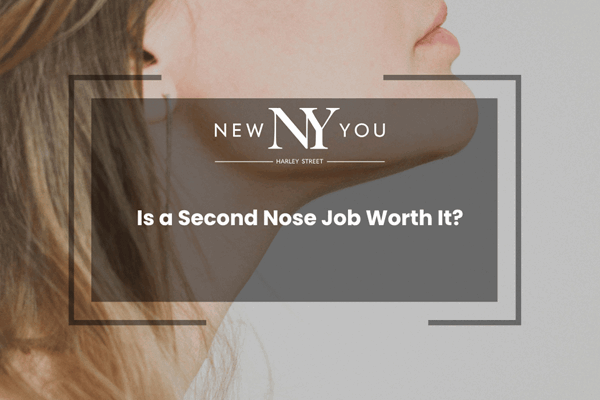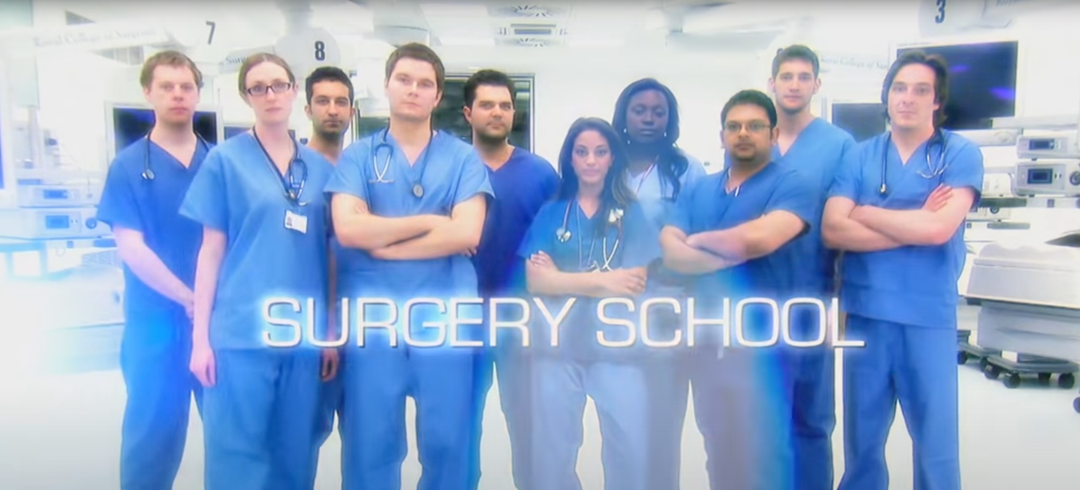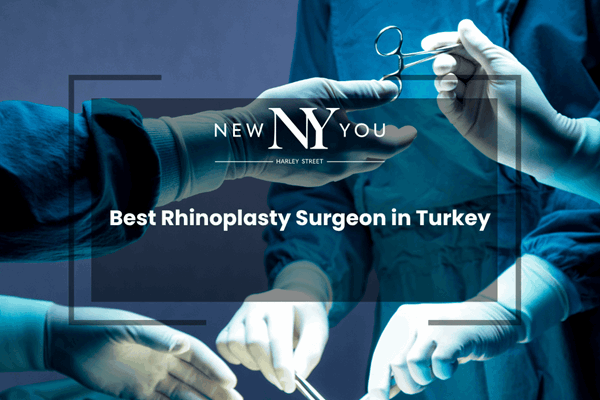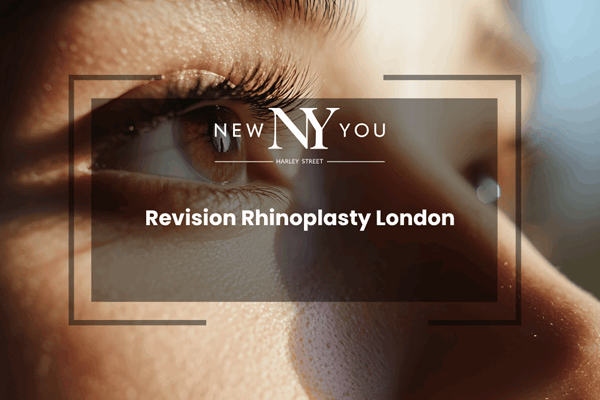
Is a Second Nose Job Worth It?
Revision rhinoplasty, also known as secondary rhinoplasty, is a corrective surgical procedure performed to address issues that persist or arise following an initial nose job. For many patients in London and across the UK, the decision to undergo a second nose surgery isn't taken lightly. Approximately 5-10% of primary rhinoplasty patients eventually seek revision procedures, highlighting the complex nature of nasal surgery. Revision rhinoplasty is typically more challenging than primary procedures due to altered anatomy, scar tissue, and potentially compromised structural support. The procedure requires advanced surgical techniques to address both aesthetic concerns and functional issues that may have developed or persisted after the first surgery. Common scenarios warranting revision include asymmetry, over-resection of nasal structures, persistent breathing difficulties, or simply results that don't align with the patient's expectations. The timing of revision surgery is crucial—most surgeons recommend waiting at least 12 months after the initial procedure to allow for complete healing and resolution of swelling before considering secondary intervention. It's worth noting that revision rhinoplasty often requires more extensive planning, including detailed imaging, comprehensive consultations, and sometimes the harvesting of additional cartilage grafts from areas like the ear or rib to rebuild nasal structures. This makes selecting a surgeon with specific expertise in revision cases particularly important for patients considering this path.




